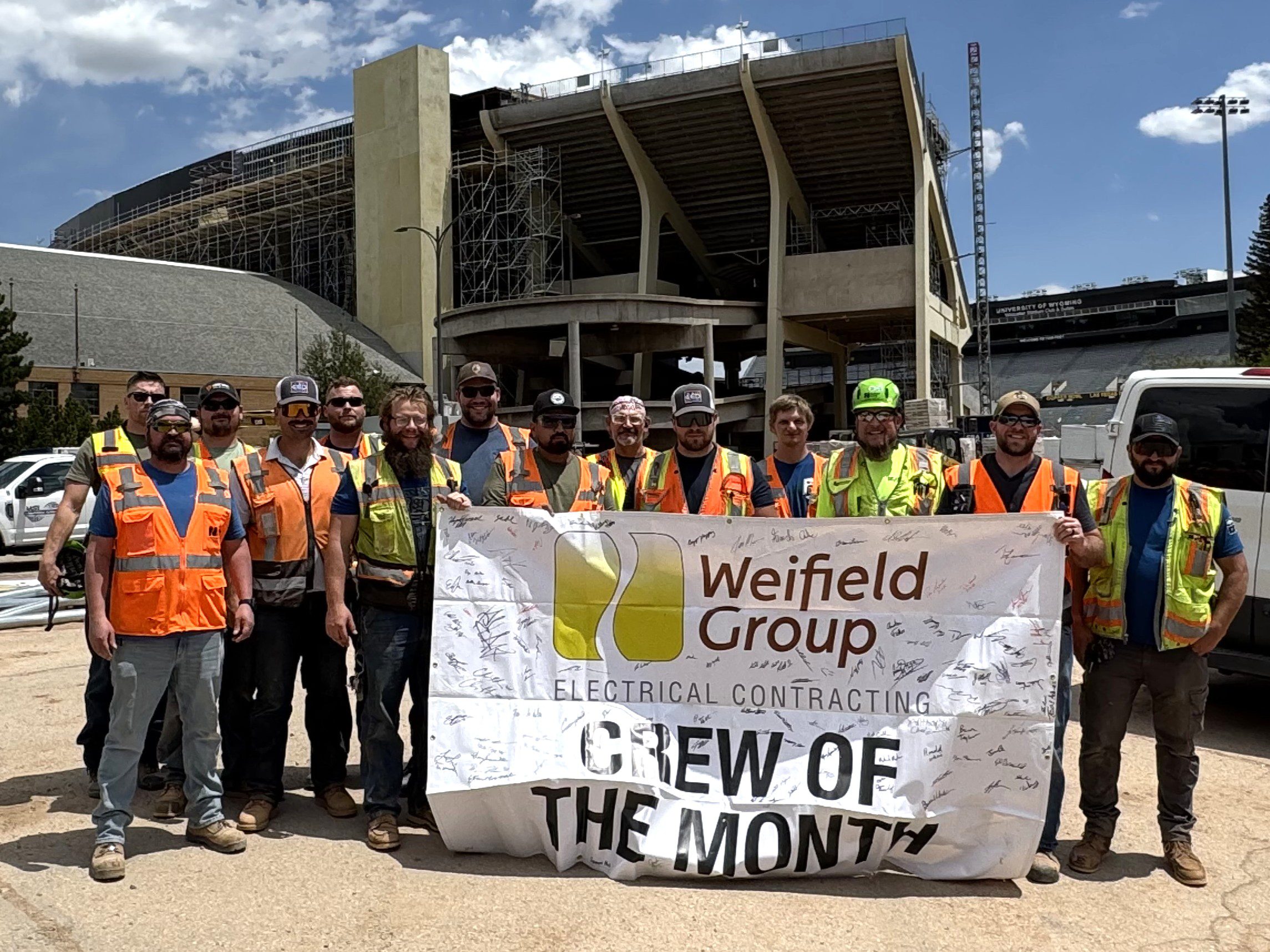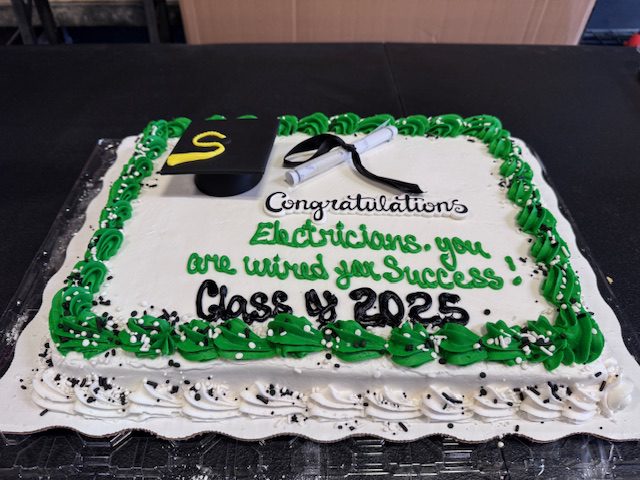Summer is synonymous with barbecues, parades, and fireworks. The National Safety Council recommends enjoying fireworks at public displays conducted by professionals—and avoiding their use at home. Even if fireworks are legal in your area, that doesn’t mean they’re safe.
Every year, thousands of people are injured badly enough to require medical treatment due to fireworks-related incidents, many of which involve children and young adults. While most injuries occur when amateurs attempt to use professional-grade, homemade, or illegal fireworks, even less powerful devices—like firecrackers and sparklers—can cause serious harm.
Fireworks also start an average of 19,000 fires annually.
Sparklers Are Dangerous
While common at parades and festivals, sparklers pose serious risks. They burn at around 2,000 degrees Fahrenheit—hot enough to melt some metals—and can easily ignite clothing. Children have suffered severe burns from dropping sparklers on their feet.
According to the National Fire Protection Association, sparklers account for more than 25% of emergency room visits for fireworks-related injuries. For children under five, sparklers cause nearly half of those injuries. Safer alternatives include glow sticks, confetti poppers, or colored streamers.
Fireworks Safety Tips: If You Choose to Use Legal Fireworks
If consumer fireworks are legal in your area and you choose to use them, please follow these safety guidelines:
- Never allow young children to handle fireworks
- Older children should only use fireworks under close adult supervision
- Never use fireworks while impaired by drugs or alcohol
- Always wear protective eyewear when handling or near fireworks
- Never hold lighted fireworks in your hands
- Never light fireworks indoors
- Use them only outdoors, away from people, houses, and flammable materials
- Never point or throw fireworks at another person
- Light only one device at a time and maintain a safe distance
- Never ignite fireworks in a container
- Do not try to relight or handle malfunctioning fireworks
- Soak both used and unused fireworks in water before discarding
- Keep a bucket of water nearby in case of fire
- Never use illegal fireworks
Better yet, grab a blanket, find a spot on the lawn, and enjoy the show—safely—put on by the pros.
As we enjoy the summer and Fourth of July festivities, let’s keep safety our top priority—until next time… Work Safe and Be Safe!




